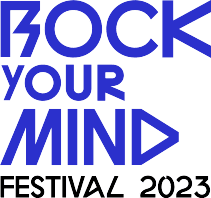mpgpress.com/modern-healthcare/
It is the goal of useful science to contribute to the accumulation of general knowledge. This is the primary goal of all research journals, but it is not the sole objective. A well-written article could be misinterpreted, or even deemed unsuitable for publication because of a lack of utility (for instance, in instances where research has been too early translated into practical applications).
The pursuit of knowledge that is pure is not impeded by the demands for relevance. In reality, practical questions can inspire new pure research. (For instance Michael Faraday’s electrical experiments were inspired by his interest about lightning).
Furthermore, we know that technological applications emerge from many different sources. A medical mission to Easter Island examined the population’s remarkable resistance to tetanus. Later soil samples taken from the area were transferred to Ayerst Pharmaceuticals and further research into natural antimicrobials was conducted.
These examples prove that the distinction between pure research’ and applied research is a misunderstanding. A more effective criterion is to encourage the development of a broad range of practical applications that can be made from the findings of research and to increase the knowledge of scientists so that they can see the potential of their research. This is a key objective of the concept of translational ecology, which strives to change the fundamental/applicable science paradigm by explicitly including people who play a role in the generation and application of knowledge from science (Enquist and colleagues. 2017).

